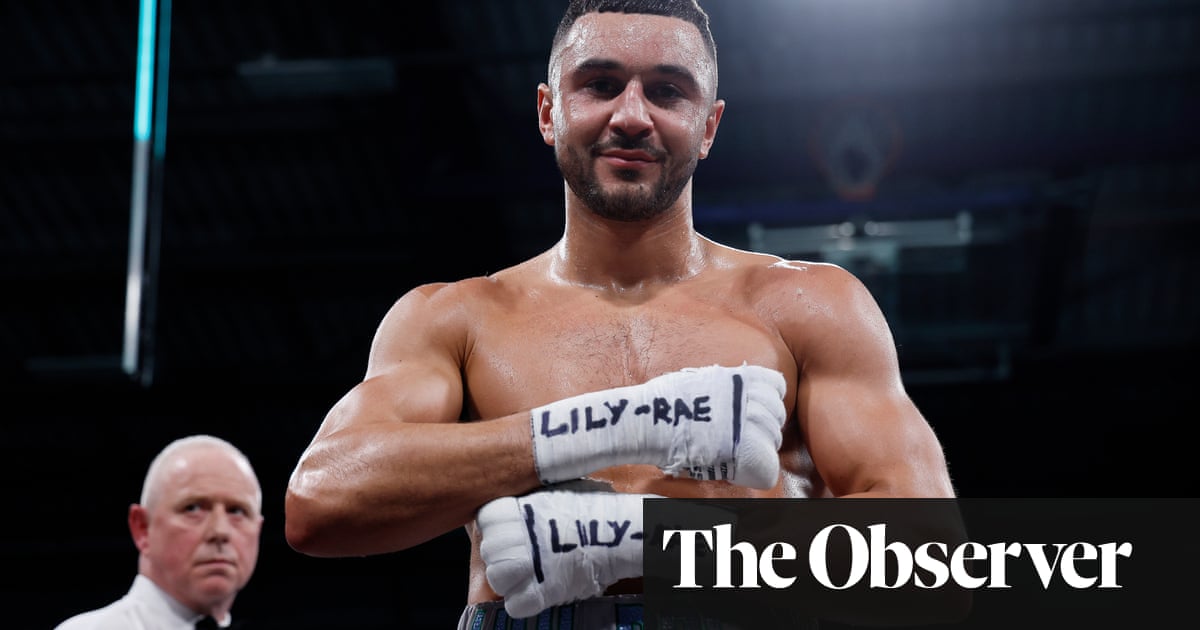The head of the EU executive, Ursula von der Leyen, has called for more defence spending in Europe over the next five years, as her top team was voted in by a wafer-thin majority of MEPs.
The European parliament’s endorsement of the new EU executive by the narrowest-ever margin clears the way for von der Leyen and her chosen 26 European commissioners to start a five-year term on Sunday.
The EU faces acute challenges, including the war in Ukraine, the return of Donald Trump and the climate crisis, all against a backdrop of deepening fears of economic decline as Von der Leyen starts her second term.
She told MEPs in the run-up to the vote that there was “something wrong in [the] equation” where Russia was spending up to 9% of GDP on defence while the European average was 1.9%.
“War is raging at Europe’s borders and we must be ready for what lies ahead, working hand in hand with Nato,” she told MEPs. “Our defence spending must increase,” she added, calling for efforts to boost the European defence industry and common defence projects.
Von der Leyen said Europe faced difficult choices that required “massive investments in our security and our prosperity”.
MEPs voted by 370 to 282 to confirm the officials proposed by Ursula von der Leyen in September – the most right-leaning in the EU’s modern history – after a political deal between leaders of the centre-right European People’s party, the Socialists and the centrist liberals. It was the narrowest margin since the European parliament gained the power to approve the EU executive in the 1990s, and split political groups across the spectrum of the European parliament.
The vote was equal to 51.3% of the total number of 720 MEPS, or 53.7% of those present in the chamber.
Fifteen of the 27 new commissioners, including von der Leyen, are members of or allied to the centre-right European People’s party (EPP), with two more commissioners on the nationalist and far-right side. The outgoing commission had 10 EPP commissioners and one allied to an anti-EU nationalist party.
The vote draws a line under a ferocious row that had threatened the prospects of Spain’s deputy prime minister, Teresa Ribera, and Italy’s Europe minister, Raffaele Fitto, who will now become European Commission vice-presidents.
Ribera’s appointment was held up by a bitter partisan dispute over the deadly floods in Valencia. Spain’s centre-right Popular party voted against the commission, while Socialists and other left-leaning MEPs opposed Fitto, a former Christian Democrat, because he is now a member of Giorgia Meloni’s Brothers of Italy party.
The nationalist European Conservatives and Reformists, the fourth largest group, with 78 MEPs was split, with Meloni’s Brothers of Italy and Belgium’s Flemish separatist party voting for the commission, while Poland’s Law and Justice party voted against.
The Green group, which has 53 MEPs, was also divided but its co-leaders chose to back von der Leyen’s commission. Their support was cemented on Monday when von der Leyen said the Greens were “part of the pro-European majority in the European parliament”, while announcing the appointment of the former Green MEP Philippe Lamberts to an advisory role on the EU’s climate targets.
The appointment of Lamberts, an outspoken former IBM executive, was already known and Green leaders insisted it was von der Leyen’s extension of an open hand to their group, rather than the appointment, that swayed them. The Green co-leader Bas Eickhout said it was “a lie” that Lamberts’ appointment had determined their decision, saying the important factor had von der Leyen’s language, which made it “very clear where she stands politically”.
after newsletter promotion
Von der Leyen told MEPs on Wednesday that she would always “work from the centre” and vowed to “stay the course” on the European green deal, the EU’s flagship policy to tackle the climate crisis. But her speech put more emphasis on strengthening Europe’s economy and defence, with no mention of the climate or the escalating crisis European nature is facing. During her last mandate, the EU scrapped plans to curb pesticides after large protests by farmer and scaled back plans to cut pollution and protect habitats.
In response to a report published earlier this month by the former Italian prime minister Mario Draghi, which starkly warned that Europe risked an “slow and agonising decline”, von der Leyen pledged “a competitiveness compass” that aimed to close the innovation gap with the US and China; boost Europe’s decarbonisation and competitiveness; and increase security, including ensuring supply of critical raw materials.
Amid growing alarm about the European car industry, von der Leyen announced she would lead “a strategic dialogue” on the future of Europe’s carmakers. Many in the EPP and critics on the right have denounced EU targets to phase out the internal combustion engine by 2035, as European carmakers fall behind Chinese competitors in the race to develop electric vehicles.
All 26 commissioners underwent three-hour hearings at the European parliament in November but, for the first time in more than 20 years, none were rejected over their competence or their European commitment.
The lengthy process underscored how the hearings had morphed into a political battle in an increasingly fragmented, right-leaning parliament, rather than a true assessment of the officials.
Roberta Metsola, the president of the European parliament, said Wednesday’s vote for the commission showed “the centre held”. The parliament, she said, would require “different types of majorities for different types of legislation, but without the centre, you cannot work”.

.png) 1 month ago
6
1 month ago
6













































